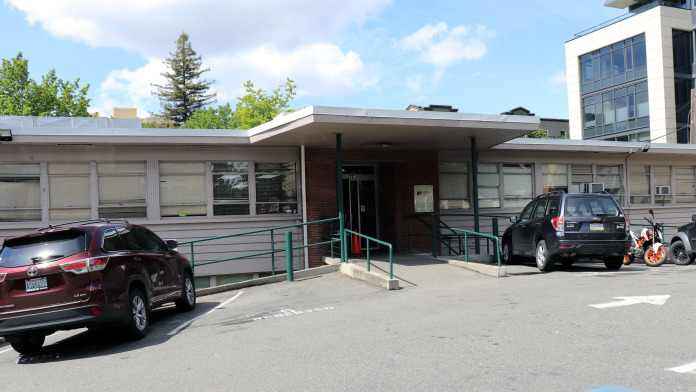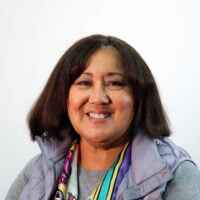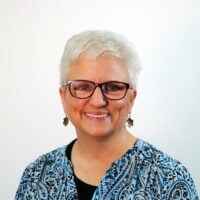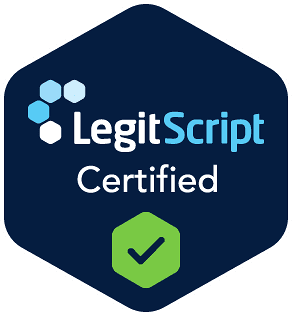About Therapeutic Health Services – Summit/Seneca Branch – Seattle
Therapeutic Health Services – Summit/Seneca Branch is a drug and alcohol rehab facility located in Seattle, Washington. They are an outpatient facility that treats people with alcohol use disorder. They also treat people for substance use disorder and opioid use disorder. They accept patients who have a mental health condition and substance use disorder at the same time.
This facility is a licensed methadone clinic and they also provide Suboxone. The staff will administer the medication until you stabilize and can take it at home.
You will be given a full examination when you first come in. It will determine the level of drugs in your system and the level of care you need. It will also let the clinicians know what method of therapy will be best to treat you. Most clients will be treated with behavioral therapy, which teaches people to have a more positive outlook in order to change behaviors that hurt them.
They have an intensive outpatient program that offers therapy several times a week for several hours a day. They also have a standard outpatient program that lets you come in once or twice a week. You will participate in group therapy and individual therapy sessions.
They have drug and alcohol classes that will teach you about the effects of alcohol on your body. You’ll learn the way it affects your ability to make decisions. You will learn about people whose lives have been changed because of drug or alcohol-involved accidents. The classes may fulfill some court requirements if you have a DUI conviction.







